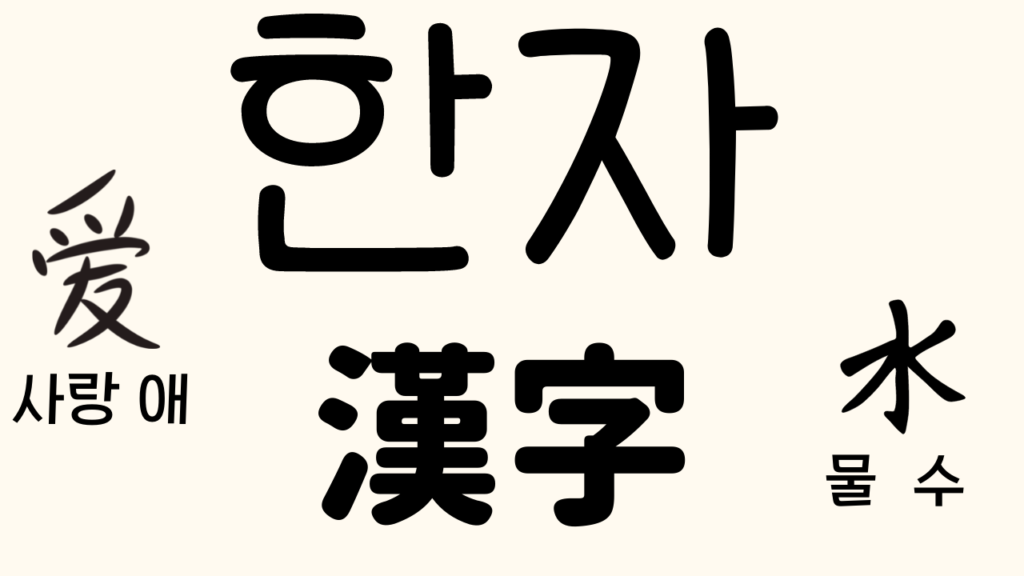*Hanja is the Korean name for traditional Chinese characters. Each hanja has its meaning, and also has an equivalent Korean name(or pronunciation).*
This is the question that I get from a lot of learners. My answer is always a yes, if your goal is to understand as many Korean vocabularies as you can, and achieve higher level of understanding of the language.
About 60 percent of Korean words are of Chinese origin, and although the percentage of the actual usage in modern days is estimated to be lower than that, they are still widely used. One misunderstanding among many learners it that hanja-based words are all formal. That is clearly not true, as you can see in many daily words like words like 생일 生日 (birthday), 학교 (學校 – school), 독학 獨學(self-study), 식사 食事 (eating) etc. It is true that some Sino-Korean words sound more formal, and sometimes even more sophisticated than its pure Korean equivalent. But not all of them are like that, and a lot of them are part of the commonly-used daily vocabularies. It’s possible to remember these words without knowing Hanja of course, but as with other languages there are tremendous amount of vocabs in Korean, and Hanja knowledge will definitely help widen your vocabulary pool with more effectiveness.
To compare it with English, understanding Hanja is to Korean what understanding Latin is to English. For example, if you are a native English speaker, it will be a lot easier for you, compared to a person without any understanding about Latin-based languages, to remember that “Je comprends” in French means “I understand,” because it looks like the English word “comprehend.” They share the same root.
Just like this, if you know Hanja, you are able to know the roots of certain Korean words. Knowing the word root will help you understand why a word is constructed a certain way, which will help you remember, and even guess, the meaning relatively easily.
This doesn’t mean you need to learn how to write or remember the exact Chinese characters. Knowing which Chinese character a certain word is from, and what meaning and pronunciation it has when borrowed in Korean language would be more than enough. I recommend starting from easy and basic Hanjas and move towards more advanced ones as you make progress.
Leaning hanja can seem quite intimidating at first, but you will realize that it’s actually a useful tool that helps you familiarize yourself to Korean vocabularies and have a better understanding. Also, the level of vocabulary that you have will determine how much you understand more advanced texts or audio, like news, books, speech, TV series with more professional settings etc, and that’s always something exciting and desirable while striving toward fluency.



I’m taking a hanja class at my university right now and it has helped my vocabulary so much! I’ve learned almost 200 characters, and it was a lot easier than I expected. Knowing hanja helps me guess the meaning of new words I see in Korean. For example, a couple weeks ago I saw 동시 for the first time, and because I know 同時 I was able to figure it out!